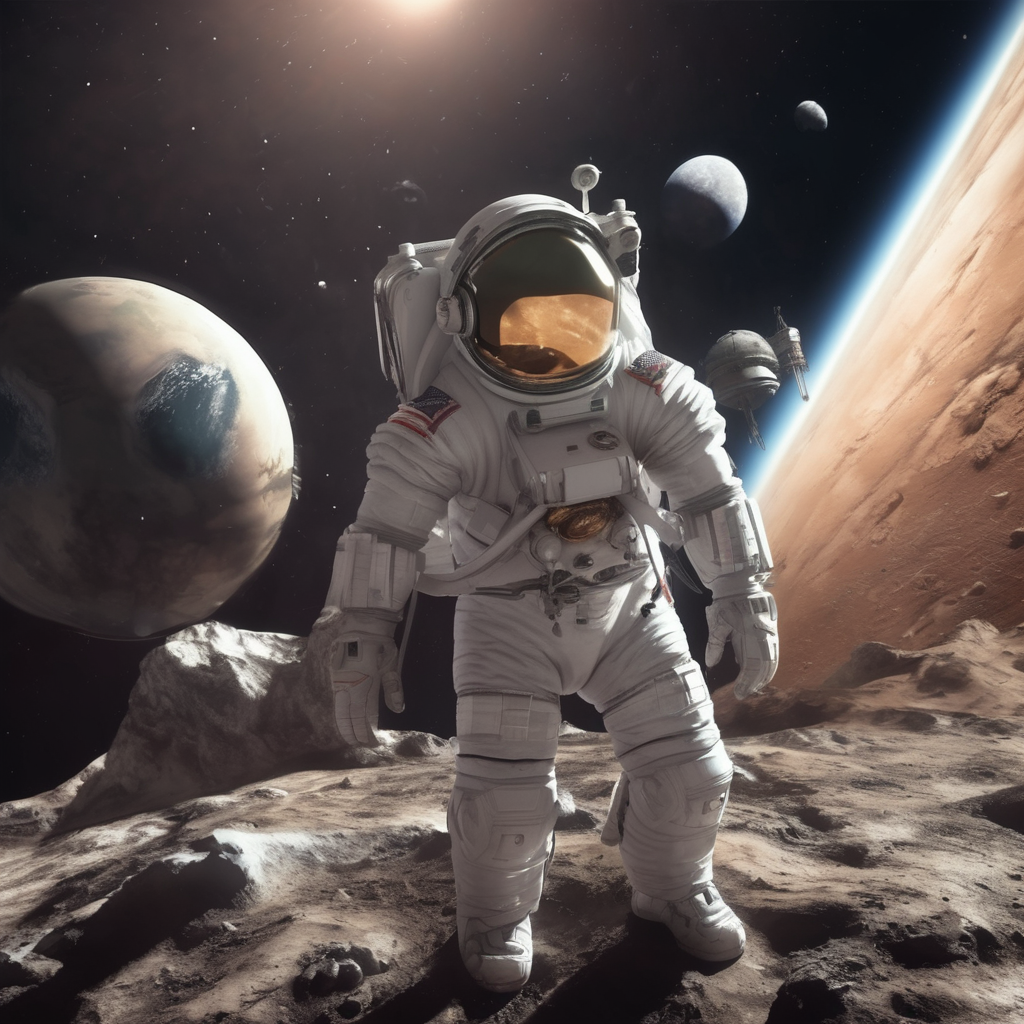Space exploration has always captured the human imagination, representing the ultimate frontier of discovery and adventure. Over the years, we have made remarkable progress in our exploration of space, from the first human steps on the Moon to the robotic missions exploring distant planets and beyond.
The history of space exploration can be traced back to the mid-20th century, when the Space Age began. The first artificial satellite, Sputnik 1, was launched into orbit on October 4, 1957. This historic event marked the beginning of human-made objects venturing beyond the confines of our planet. The United States responded by establishing NASA in 1958, initiating a space race between the two superpowers.
The next major milestone was Yuri Gagarin’s historic flight on April 12, 1961, when he became the first human to journey into space, aboard Vostok 1. This was followed by Alan Shepard’s suborbital flight aboard Freedom 7 in 1961, making him the first American in space. On July 20, 1969, arguably the biggest achievement ever made in space exploration was completed, where NASA’s Apollo 11 mission successfully landed astronauts Neil Armstrong and Buzz Aldrin on the Moon.
After the Apollo program, space exploration shifted its focus towards robotic missions. Unmanned spacecraft were sent to explore the planets of our solar system, providing valuable data and insights. Notable missions include the Voyager spacecrafts, which conducted flybys of Jupiter, Saturn, Uranus, and Neptune; and the Mars rovers, such as Spirit, Opportunity, and Curiosity, which have extensively explored the Red Planet.
In recent years, space exploration has witnessed a resurgence of human spaceflight. Despite human spaceflight having less range compared to unmanned spacecrafts, there has been vast interest on landing human colonies onto Mars. Scientists also extensively study the effects of a no-gravity environment on the human anatomy. The International Space Station, a multinational cooperative project involving the United States, Russia, Europe, Japan, and Canada, has been continuously occupied since November 2000. It serves as a platform for scientific research, technology development, and international collaboration in space.
Looking ahead, the future of space exploration holds immense promise. Robotic missions will continue to explore the solar system and search for signs of life on other planets. Breakthroughs in ion propulsion and nuclear propulsion could revolutionize interplanetary travel and enable faster and more efficient missions. One of the most exciting developments is the renewed focus on crewed missions to the Moon and beyond. NASA’s Artemis program aims to land astronauts on the lunar surface by 2024, with the goal of establishing a sustainable human presence on the Moon. In addition, private companies, such as SpaceX, Blue Origin, and Virgin Galactic, have also become significant players in the space industry. The growing involvement of the private sector is expected to drive innovation, reduce costs, and expand the scope of space exploration in the coming years.
In conclusion, the history of space exploration has been marked by significant achievements, from the first satellites and human missions to the Moon to the robotic exploration of distant planets. The future of space exploration holds great promise, with plans for human missions to the Moon and Mars, increased private sector involvement, and advancements in technology. As we continue to push the boundaries of our knowledge and venture into the vastness of space, the quest for discovery and exploration remains an essential part of the human spirit.







Leave a Reply